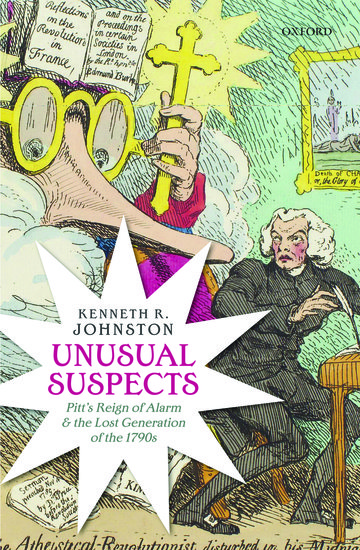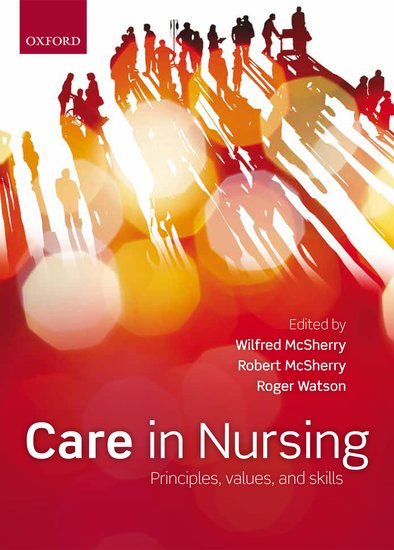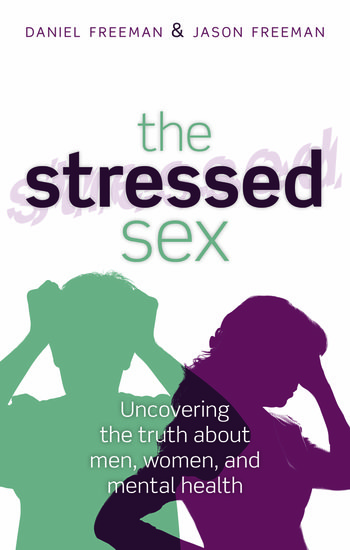Whose Odyssey is it anyway?
By Justine McConnell
The death of Martin Bernal in June attracted less media attention than one might have hoped for the man who brought an unprecedented attention to the contemporary study of Classics. His 1987 work, Black Athena, was not the first to argue for a strong, pervasive African influence on the culture of ancient Greece, but it was the first to receive widespread notice.










